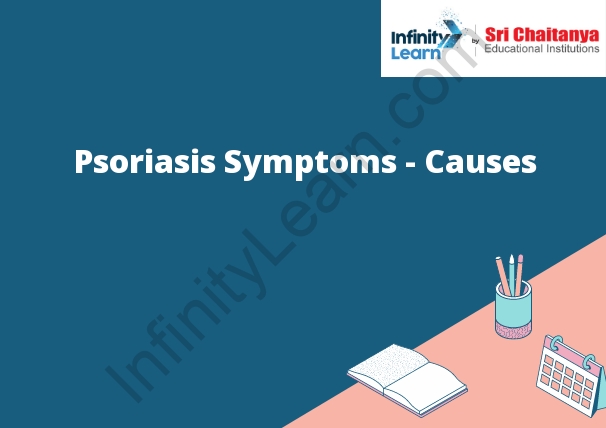Table of Contents
What Are Psoriasis Symptoms?
Psoriasis is a skin condition that causes patches of thick, red skin with silvery scales. These patches may be itchy or sore. Psoriasis is a long-term disease that may also affect your nails, joints, and other parts of your body.
The cause of psoriasis is not known, but it may be related to your immune system. Psoriasis is not contagious.

Psoriasis Causes
Psoriasis is a chronic skin condition that is characterized by red, scaly patches on the skin. The cause of psoriasis is not known, but it is thought to be related to the immune system. Psoriasis is not contagious.
Psoriasis is a chronic autoimmune skin disease that results in the overproduction of skin cells. The cause of psoriasis is unknown, but is believed to be a combination of genetic and environmental factors. Psoriasis can affect any area of the skin, but is most commonly found on the scalp, knees, and elbows. Symptoms of psoriasis include red, scaly patches of skin, itching, and burning. Psoriasis is a lifelong disease that requires ongoing treatment.
There is no one known cause of psoriasis, but it is believed to be a combination of genetic and environmental factors. Psoriasis is an autoimmune disease, which means that the body’s immune system mistakenly attacks its own tissues. In the case of psoriasis, the immune system attacks the skin, causing the overproduction of skin cells. The cause of the autoimmune response is unknown, but it is believed to be a combination of genetics and environmental factors.
Some environmental factors that may contribute to psoriasis include stress, smoking, and alcohol consumption. Studies have shown that people who are under stress are more likely to develop psoriasis, and that smoking and alcohol consumption can aggravate the disease. It is not clear how these factors contribute to psoriasis, but it is believed that they may trigger the autoimmune response.
Psoriasis is also believed to be hereditary. If one of your parents has psoriasis, you are more likely to develop the disease yourself. This is because psoriasis is caused by a combination of genetic and environmental factors, and if one of your parents has the genetic predisposition for psoriasis, then environmental factors may be more likely to trigger the disease.
Psoriasis is a lifelong disease that requires ongoing treatment. There is no cure for psoriasis, but there are a number of treatments that can help control the symptoms. Treatment options include topical medications, oral medications, light therapy, and injections. The type of treatment that is best for you will depend on the severity of your psoriasis and your individual preferences.
Psoriasis is a chronic disease that can affect any area of the skin. It is a lifelong disease that requires ongoing treatment. The cause of psoriasis is unknown, but it is believed to be a combination of genetic and environmental factors. Psoriasis is an autoimmune disease, which means that the body’s immune system mistakenly attacks its own tissues
Symptoms of Psoriasis
Psoriasis is a chronic, autoimmune skin disease that results in the overproduction of skin cells. Skin cells accumulate on the surface of the skin, forming thick, scaly patches that are red and inflamed. Psoriasis can occur on any part of the body, but is most commonly found on the scalp, elbows, and knees.
Psoriasis symptoms can vary from mild to severe. Common symptoms include:
-Red, inflamed skin
-Thick, scaly patches of skin
-Itching and burning
-Pitted nails
-Swollen joints
-Tiredness and general feeling of unwellness
Psoriasis is a long-term condition and there is no cure. However, there are a number of treatments available that can help control symptoms.







